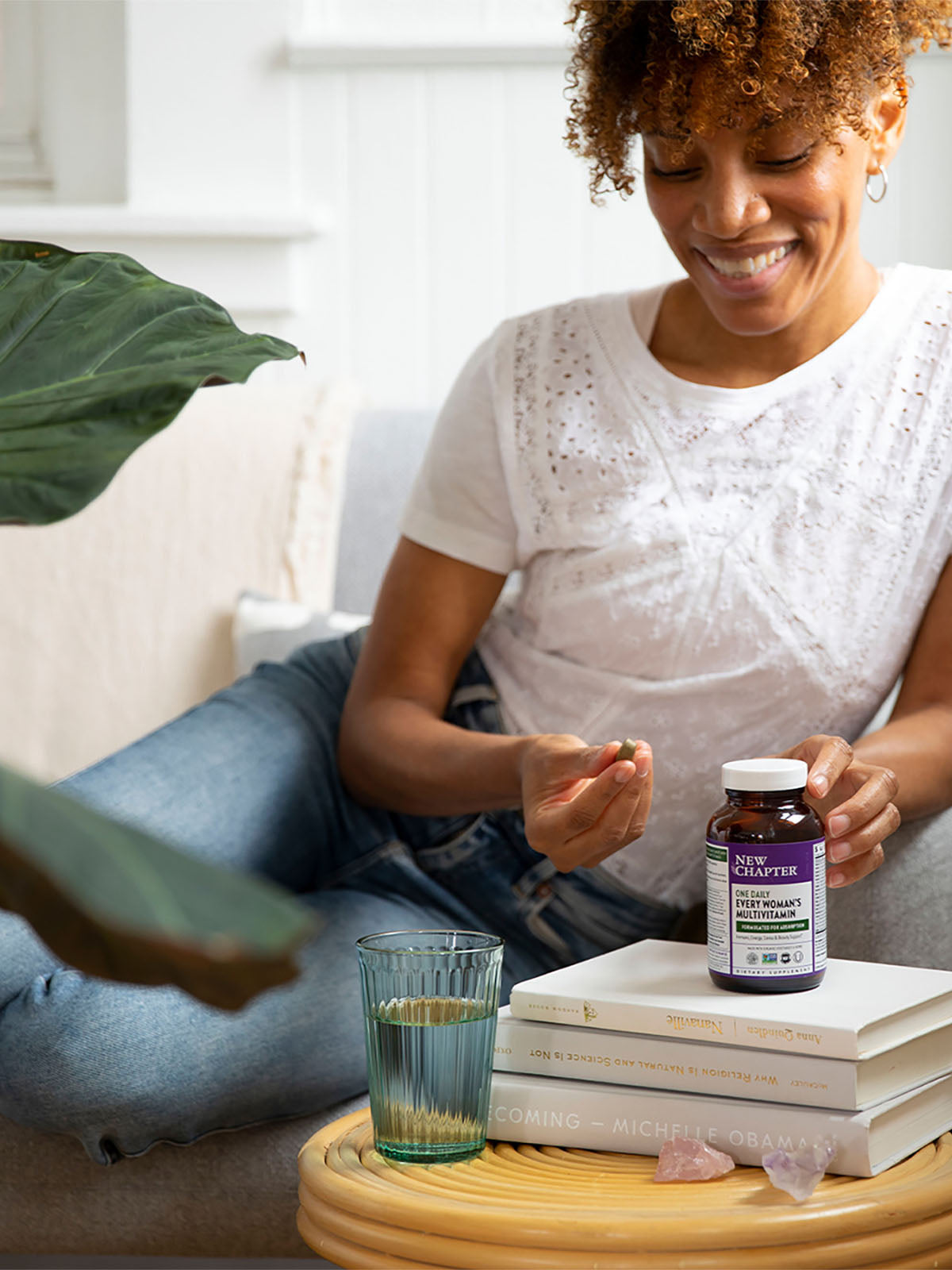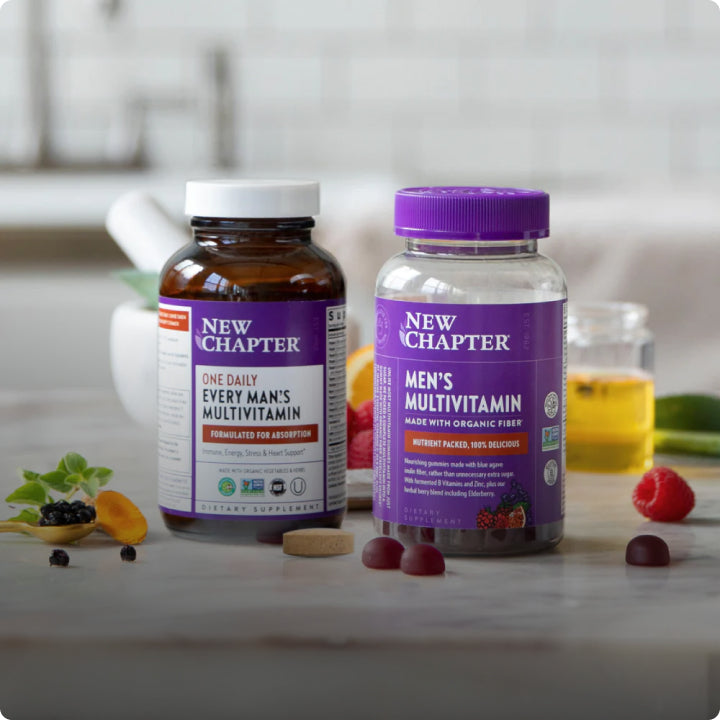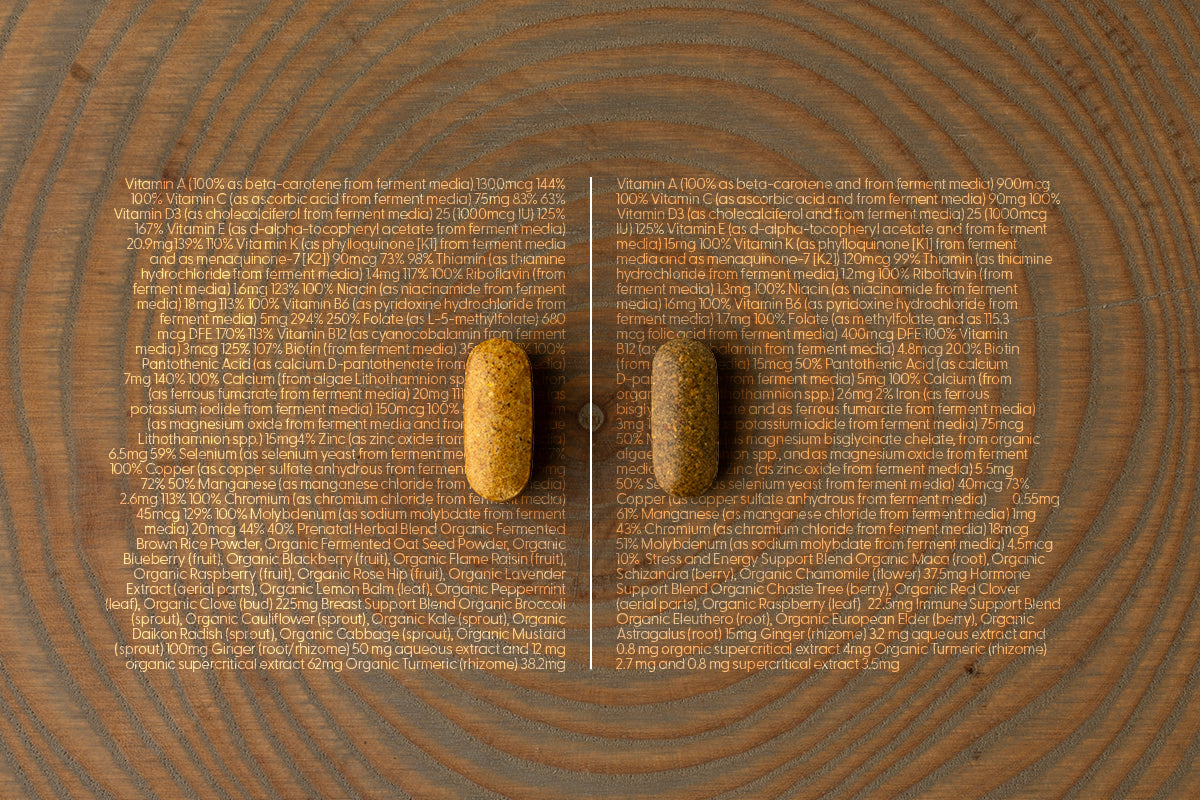Your body is an active place! Every day, trillions of microorganisms work to keep you healthy and functioning properly. We all get by with a little help from our friends, gut flora! If you’re interested in learning more about your personal population of microbes, with tips on helping them stay active and happy, you’re in the right place!
What is Gut Flora?
The digestive system is teeming with life. Your gut is home to trillions of bacteria, yeast, and other microorganisms that live along the gastrointestinal (GI) tract. These microorganisms are called gut flora. Gut flora, or intestinal flora, are naturally occurring bacteria that live in your digestive system and help maintain homeostasis (balance in the body). Bacteria in your stomach and intestines might not be the most comforting image, but don’t worry. Having a community of healthy bacteria is part of a firm foundation for overall wellness.
How Gut Flora Can Impact Your Health
So wait, bacteria in the body can be a good thing? Absolutely! Your relationship with gut flora is primarily symbiotic, meaning both you and the bacteria benefit. Healthy colonies of gut flora in your digestive tract benefit your body in many ways, from proper digestion to a healthy immune system. If you follow easy steps on how to improve microbiome balance, you’ll benefit by supporting your health overall.
What is a Microbiome?
Depending on one’s body mass, there are 2-6 pounds of microorganisms living in the human body. Many of these populate the digestive tract, mostly inhabiting the large intestine. In fact, scientists estimate that there are up to 10 times as many bacterial cells as other types of cells that make up your body! The micro-ecosystem where many of these microorganisms and bacteria reside is called your gut microbiome. Your microbiome is responsible for many functions that keep your body healthy. Gut flora break down nutrients, produce vitamins, and support the immune system. Not to mention, without your microbiome you wouldn’t be able to digest a lot of the things you consume every day. Needless to say, your gut microbiome is pretty important!

How Antibiotics Can Affect Your Gut Health
Antibiotics kill unwanted bacteria and microorganisms in the body. While they serve an important function, antibiotics do not differentiate between the harmful bacteria that make you sick and the beneficial bacteria that keep you healthy. This means antibiotics can alter your microbiome by killing off the beneficial bacteria that maintain your inner balance. Medical conditions such as diabetes and irritable bowel syndrome (IBS) are associated with an imbalance of beneficial bacteria in the gut .
Your healthcare professional may recommend taking probiotic supplements when you’re on antibiotics or right afterward, to help restore gut flora and support your microbiome. Check with your healthcare professional for advice about how you can use supplements to restore gut health.
What Are Probiotics?
What are probiotics anyway? Probiotics, literally meaning “for life”, are the beneficial flora that can help populate and boost your natural microbiome. They are introduced to the digestive system through foods and supplements, most commonly probiotic supplementation. There are different types of probiotics found in supplements, the most common strains being Lactobacillus and Bifidobacterium.
How to Restore Healthy Gut Flora
So how can you support a healthy microbiome? The Mayo Clinic recommends two ways to care for your gut microbiome health: prebiotics and probiotics. Prebiotics help fuel your naturally occurring gut flora. Probiotics add new living bacteria to your system. A regimen of digestive dietary supplements can help! Eating fermented foods is another way to get probiotics.

Take a Probiotic Supplement
Scientific research shows that consuming certain clinically identifiable strains of probiotics in specific amounts can powerfully support your internal ecosystem.* Many supplements for digestive health contain both prebiotics and probiotics to truly nourish your microbiome. Prebiotics are fiber that feed your pre-existing gut flora, while probiotics are new living bacteria that you add to your system.
Support your personal population of microorganisms with New Chapter’s family of digestion-supporting supplements. New Chapter’s All-Flora™ Probiotic offers prebiotic, probiotic, and postbiotic nourishment that includes clinically studied bacteria strains Lactobacillus and Bifidobacterium. All-Flora also delivers clinical-strength Saccharomyces boulardii yeast. Why probiotic yeast? It provides a more complete approach to supporting gut flora than just having probiotic bacteria alone—since our gut is home to both bacteria and yeast species.
Eat Fermented Foods
From yogurt and kombucha to cheese and wine, the best things in life are fermented! Fermentation uses the power of yeasts and other probiotics to break down complex compounds in foods into nutrients that are easier for your body to digest. For example, soy is found to be gentler on the stomach in its fermented form–miso. Not only are they delicious, fermented foods are good for you, too! According to Harvard Health, naturally fermented foods contain beneficial probiotics that support your digestion. However, not all fermented foods are created equal. Some probiotic foods may only contain small amounts of beneficial microorganisms, and these amounts may not be labeled. If you want to be sure you’re getting consistent microbiome support, look for naturally fermented foods and probiotic supplements that are labeled with CFU counts (the measure of the probiotic’s colony forming units).
How Long Does It Take to Restore Gut Flora?
There are good and bad bacteria in your body. When your microbiome is experiencing homeostasis (balance), the good bacteria outnumber the bad. But bad bacteria are always fighting to enter the body, and sometimes they can outnumber the good bacteria. This is when you get sick. Probiotics work by boosting the amount of good bacteria in your gut. Think of them as a balancer. It may take some days or weeks to get back to your desired healthy balance—every body is different so it will vary. Check with your healthcare professional if you are having ongoing digestive issues.
Benefits of a Healthy Microbiome
From proper digestion to effective immune response to vitamin production, a healthy microbiome has a variety of positive effects on your overall wellness.
Digest Food
Probiotic bacteria in our digestive tracts work to help us digest food. They do this by breaking down complex sugars such as those found in fruits and vegetables that the body would otherwise struggle to absorb. Because fermentation breaks down nutrients so they are pre-digested, fermented foods are often easier on the stomach.
Regulate Immune System
Much of our immune system is based in the gut, so supporting your digestive health also helps support a healthy immune response. There is also some evidence that gut flora stimulate an immune response as the body reacts to the microorganisms.
Produce B Vitamins
Lactic acid bacteria are some of the most studied gut flora in the digestive system. One of the amazing abilities of these microscopic powerhouses is the production of small amounts of critical B vitamins such as Vitamin B12. B12 supports cellular energy production and is important for the formation of red blood cells.*

Quick Tips to Restore Your Gut’s Microbiome
The importance of gut health can’t be overstated–it’s deeply linked to your whole-body health! There’s a lot you can do to support your gut microbiome:
- Take time to cultivate your overall health and wellness . Eat a variety of healthy foods, exercise regularly, take care of your mental health, and take your vitamins.
- Eat foods high in fiber. Prebiotics are types of fiber that give your natural flora fuel to keep them nourished. Sources of prebiotic fiber include dark leafy greens, oats, and legumes.
- Add probiotic supplements to your regimen. Getting the right clinically studied strains in the right clinically studied amounts can make a difference you can really feel!






